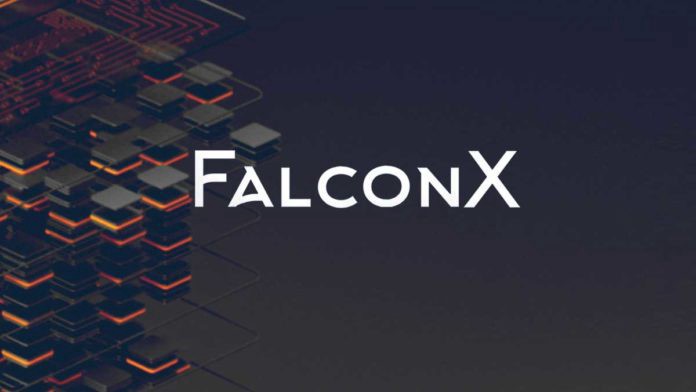The Commodity Futures Trading Commission (CFTC) has reached a settlement with FalconX, a prominent digital asset trading platform. The settlement follows an investigation into FalconX’s activities and marks an important milestone in the regulation of crypto markets.
The CFTC, tasked with overseeing derivatives markets in the United States, had been investigating FalconX over alleged violations of regulations related to trading and reporting. The investigation focused on various aspects of FalconX’s operations, including its trading practices and compliance with regulatory requirements.
As part of the settlement agreement, FalconX has agreed to pay a fine to resolve the allegations raised by the CFTC. While the exact amount of the fine has not been disclosed, the settlement underscores the CFTC’s commitment to enforcing regulations in the rapidly evolving crypto industry.
The settlement with FalconX highlights the increasing scrutiny faced by crypto firms as regulators seek to ensure compliance with existing laws and regulations. With the crypto market experiencing rapid growth and attracting greater institutional interest, regulators are stepping up efforts to protect investors and maintain market integrity.
FalconX, founded in 2018, has quickly risen to prominence as a leading digital asset trading platform, serving institutional clients such as hedge funds, family offices, and asset managers. The platform offers a range of services, including spot trading, credit financing, and over-the-counter (OTC) trading, catering to the needs of sophisticated investors in the crypto market.
In response to the settlement, FalconX has expressed its commitment to complying with regulatory requirements and maintaining the highest standards of integrity and transparency in its operations. The company has stated that it will work closely with regulators to address any concerns and ensure continued compliance with applicable laws.
The resolution of the CFTC’s investigation into FalconX represents an important step forward in clarifying regulatory expectations for crypto firms operating in the United States. As the crypto industry continues to evolve, regulatory compliance will remain a key priority for market participants seeking to build trust and credibility in the digital asset ecosystem.
The settlement with FalconX serves as a reminder to all crypto firms of the importance of adhering to regulatory requirements and cooperating with authorities to address any issues that may arise. By working collaboratively with regulators, industry participants can help foster a more transparent and resilient crypto market that promotes investor confidence and sustainable growth.

 Business1 week ago
Business1 week ago
 Business1 week ago
Business1 week ago
 Business1 week ago
Business1 week ago
 Business1 week ago
Business1 week ago
 Business1 week ago
Business1 week ago
 Business1 week ago
Business1 week ago
 Business1 week ago
Business1 week ago
 Business1 week ago
Business1 week ago




























